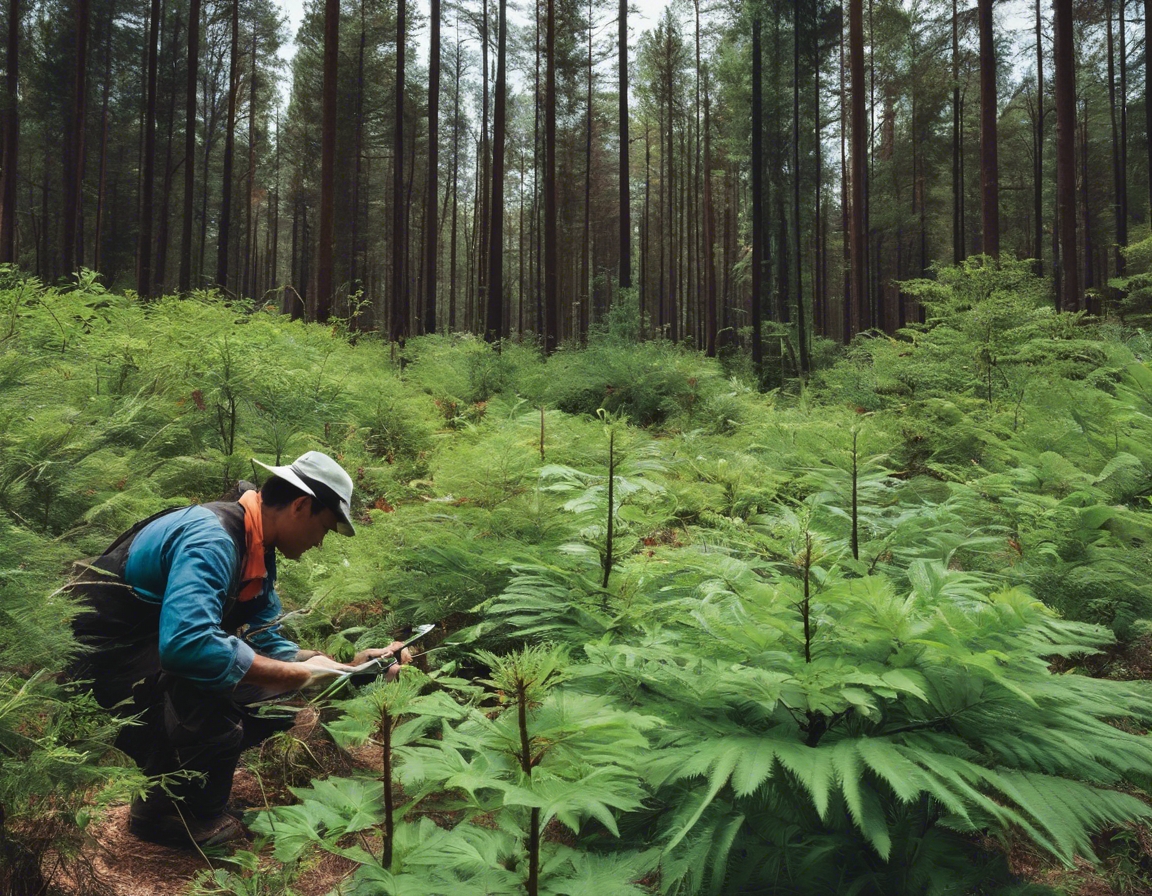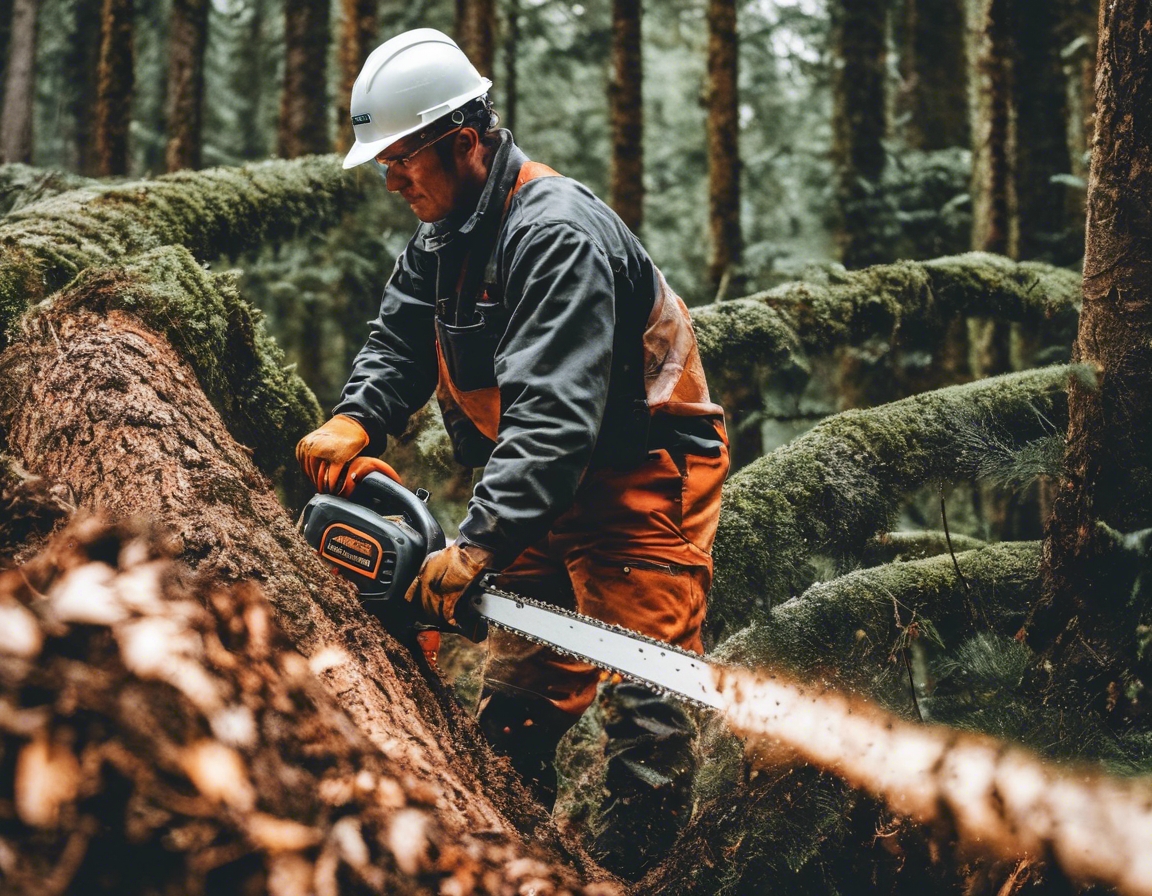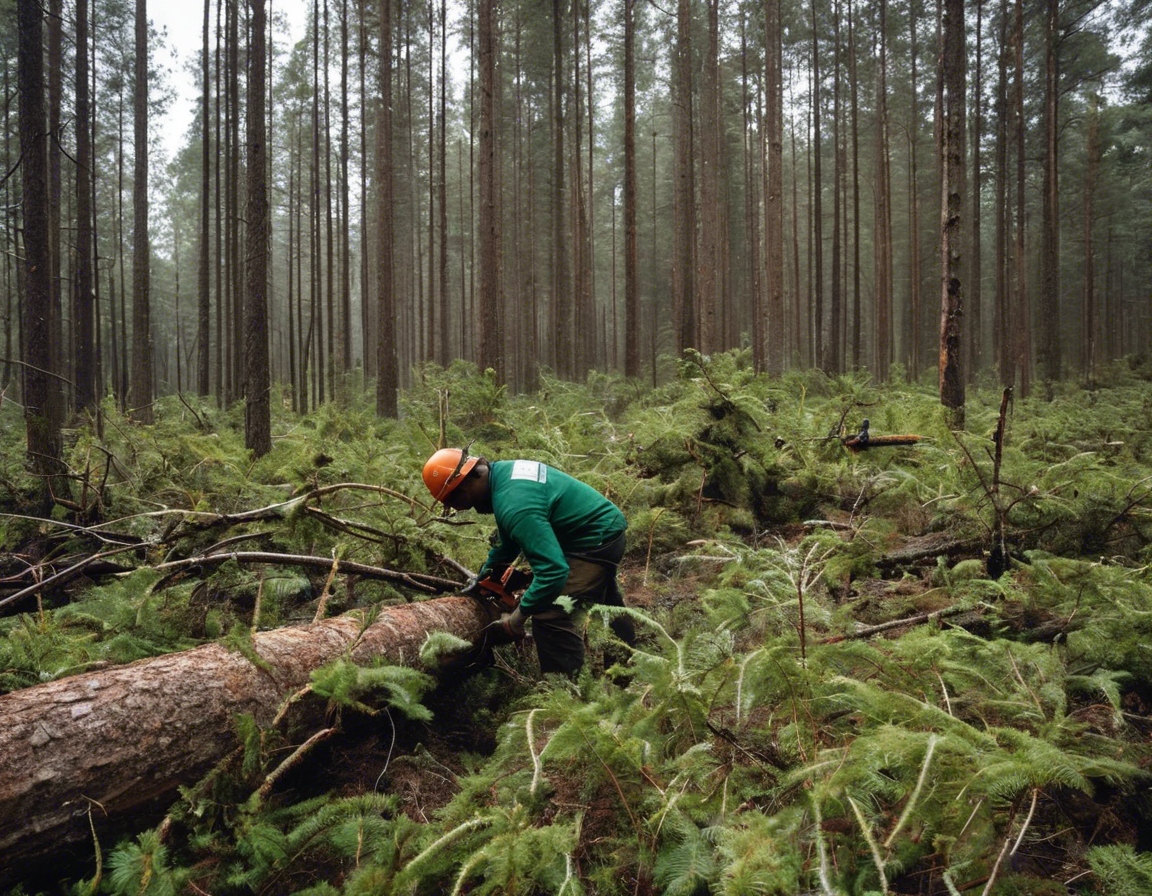The future of forest planting: innovations to watch
Forest planting, a critical component of global reforestation efforts, plays a vital role in combating climate change, preserving biodiversity, and sustaining ecosystems. As the world grapples with the effects of deforestation, the need for innovative and effective forest planting strategies has never been more pressing.
Current Challenges in Forest Planting
Deforestation remains a significant threat to global climate stability. The loss of forests contributes to increased carbon emissions, reduced biodiversity, and disrupted water cycles, necessitating immediate action in forest restoration.
Traditional planting methods often result in low survival rates for saplings. Overcoming this challenge requires advancements in planting techniques that ensure higher survival rates and healthier forest ecosystems.
Economic constraints and social issues, such as land rights conflicts, can impede reforestation efforts. Addressing these barriers is crucial for the success of forest planting initiatives.
Innovative Solutions in Forest Planting
Drones are revolutionizing reforestation by planting trees quickly and in hard-to-reach areas. This technology allows for the planting of thousands of seeds per day, potentially changing the scale and speed of forest restoration.
Advancements in genetic engineering and cloning offer the possibility of growing trees that are more resilient to disease, pests, and climate extremes. These genetically enhanced trees could be key to successful reforestation in challenging environments.
Artificial intelligence and machine learning are being applied to optimize planting patterns and predict growth outcomes, leading to more strategic reforestation efforts and better resource allocation.
Urban forestry is gaining traction as cities recognize the benefits of trees in urban environments. Innovations in urban forest planting contribute to improved air quality, reduced heat islands, and enhanced community well-being.
Collaborative Efforts and Policy Support
Collaborations between governments, private companies, and NGOs are essential for scaling up reforestation projects. These partnerships leverage resources and expertise to achieve more significant impacts.
International agreements and dedicated funding streams are critical for supporting forest planting on a global scale. These mechanisms help to ensure sustained investment in reforestation efforts.
Engaging local communities and providing education on the importance of reforestation can lead to more successful and sustainable forest planting initiatives.
Technological Advancements in Monitoring and Maintenance
Remote sensing technology provides valuable data on forest health and growth, enabling better decision-making and more effective forest management.
Automated systems for watering, weeding, and monitoring can significantly reduce the labor and costs associated with maintaining newly planted forests.
Data analytics tools offer insights into the best practices for forest planting and maintenance, leading to improved outcomes and more efficient use of resources.






Comments (0)